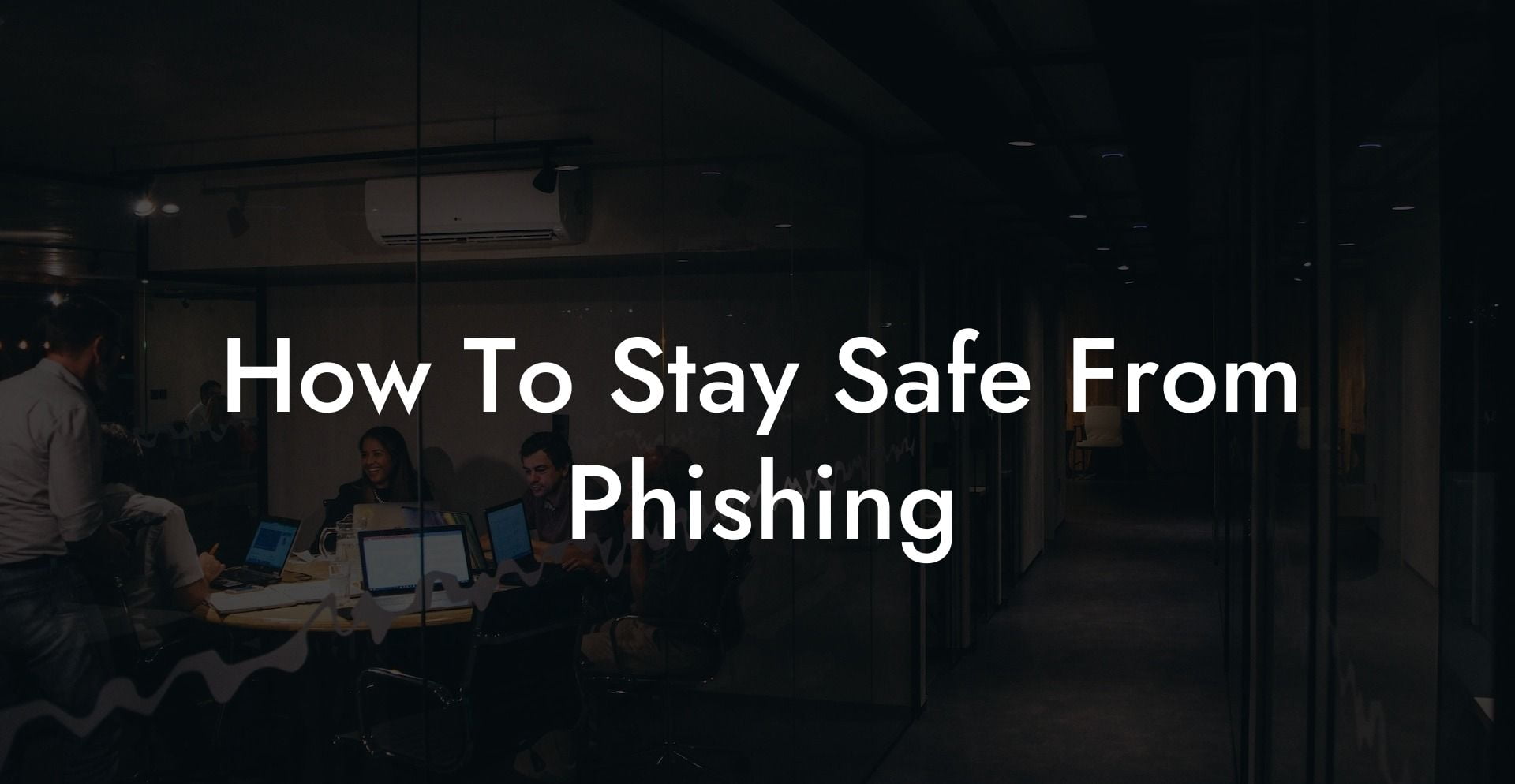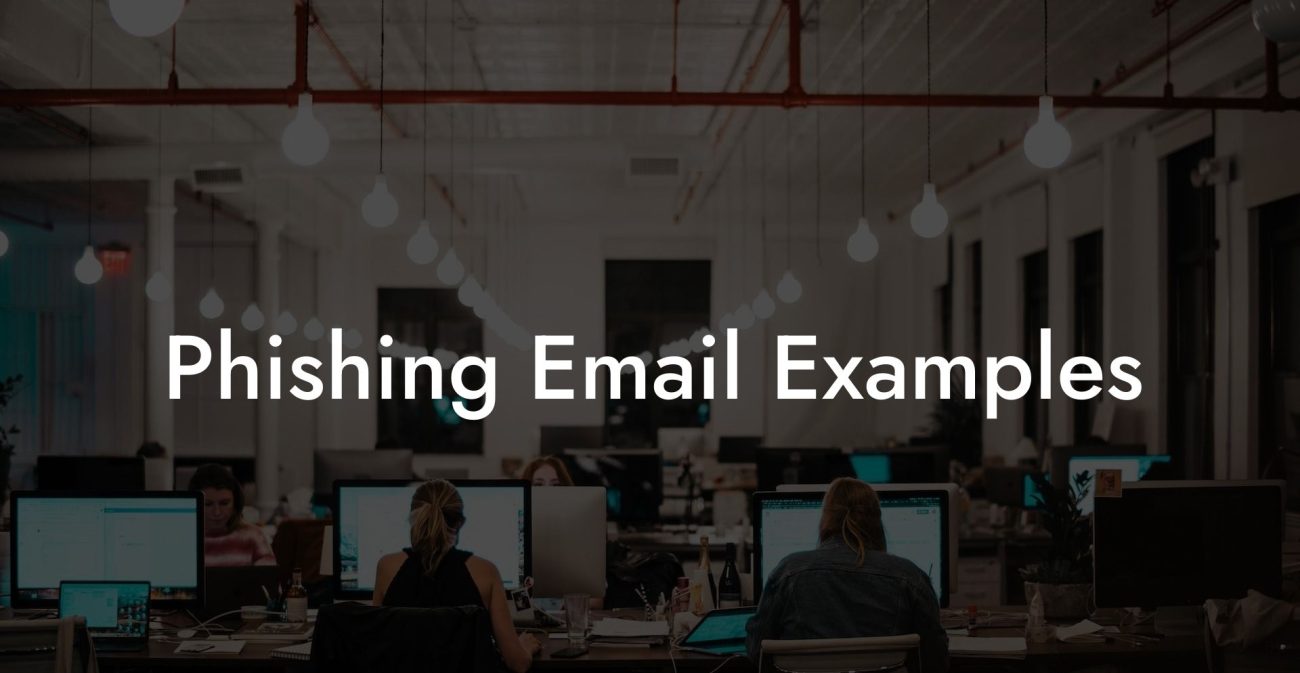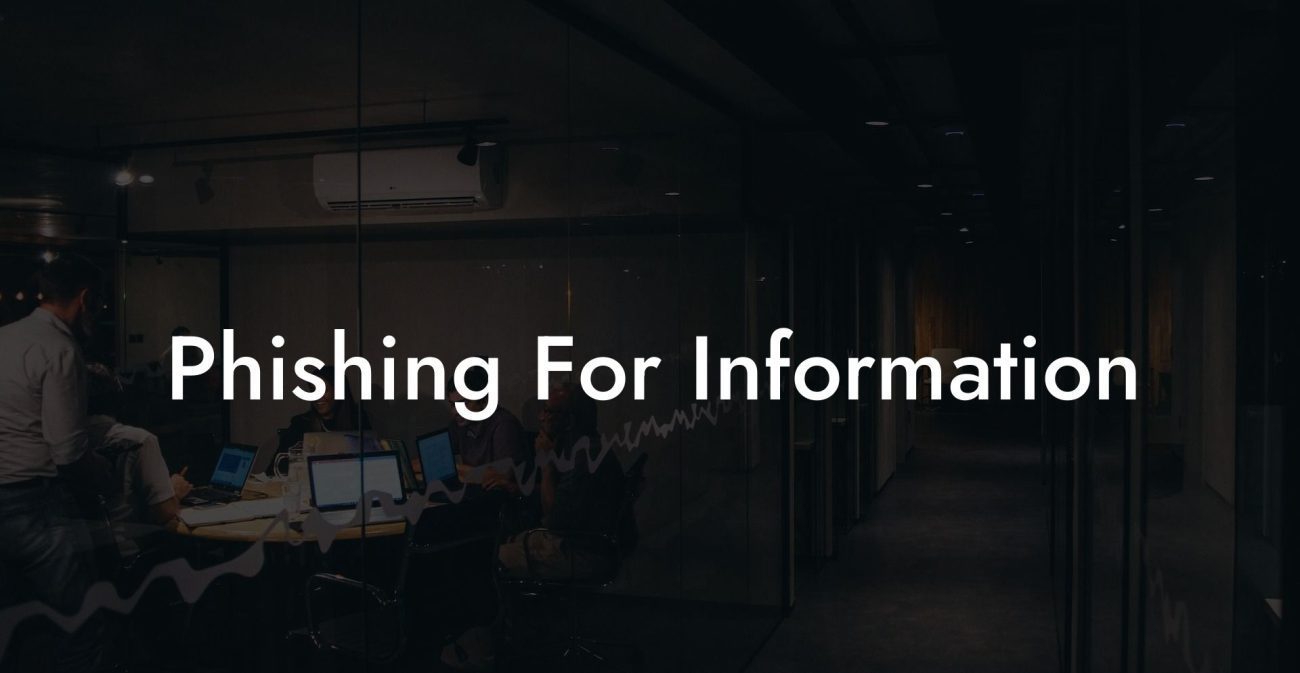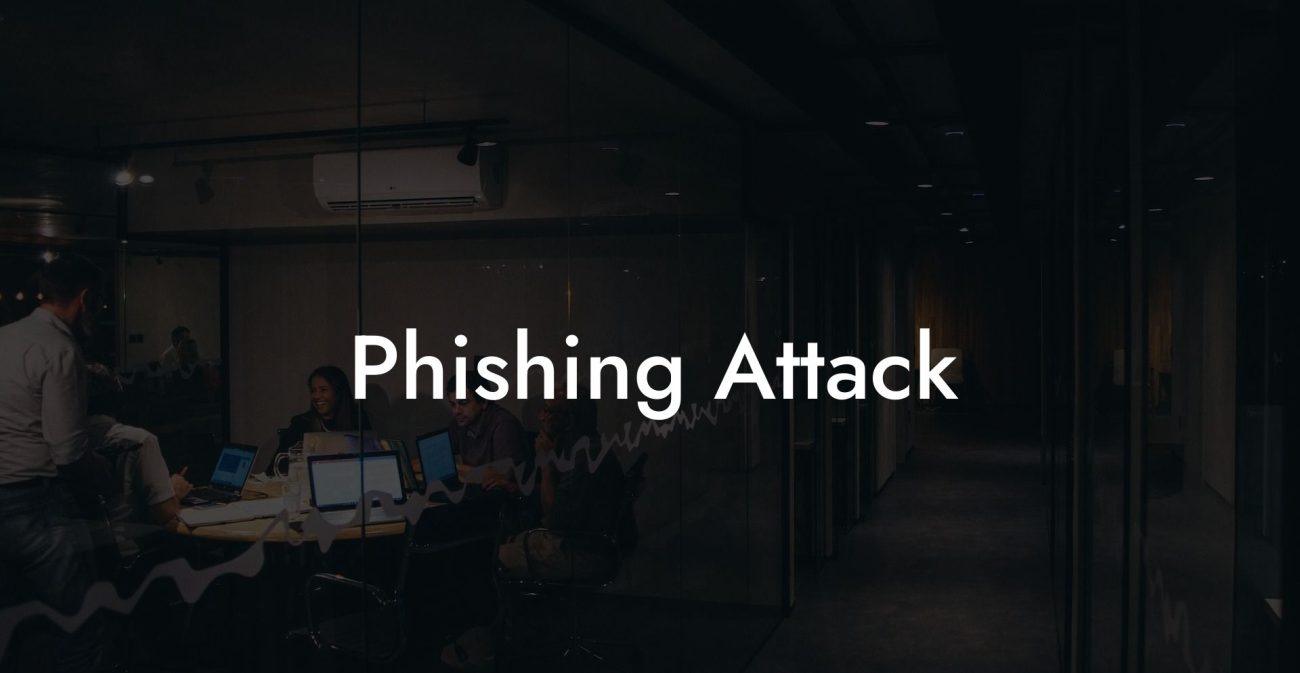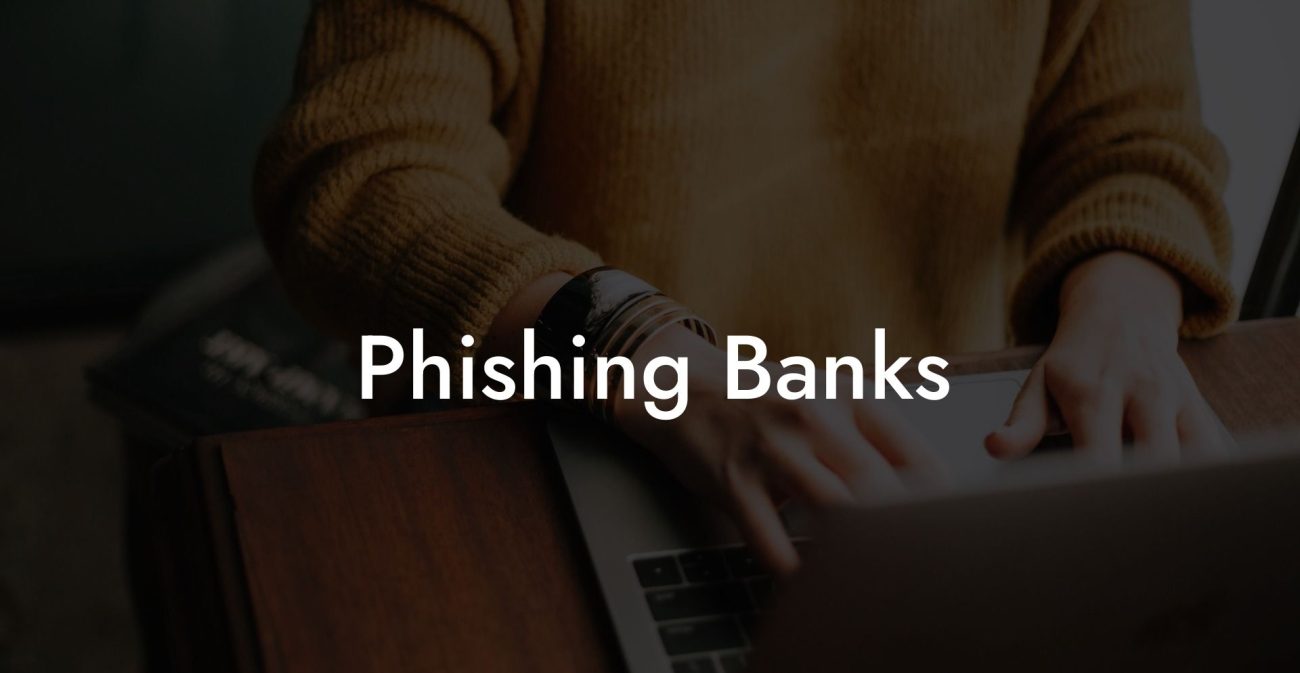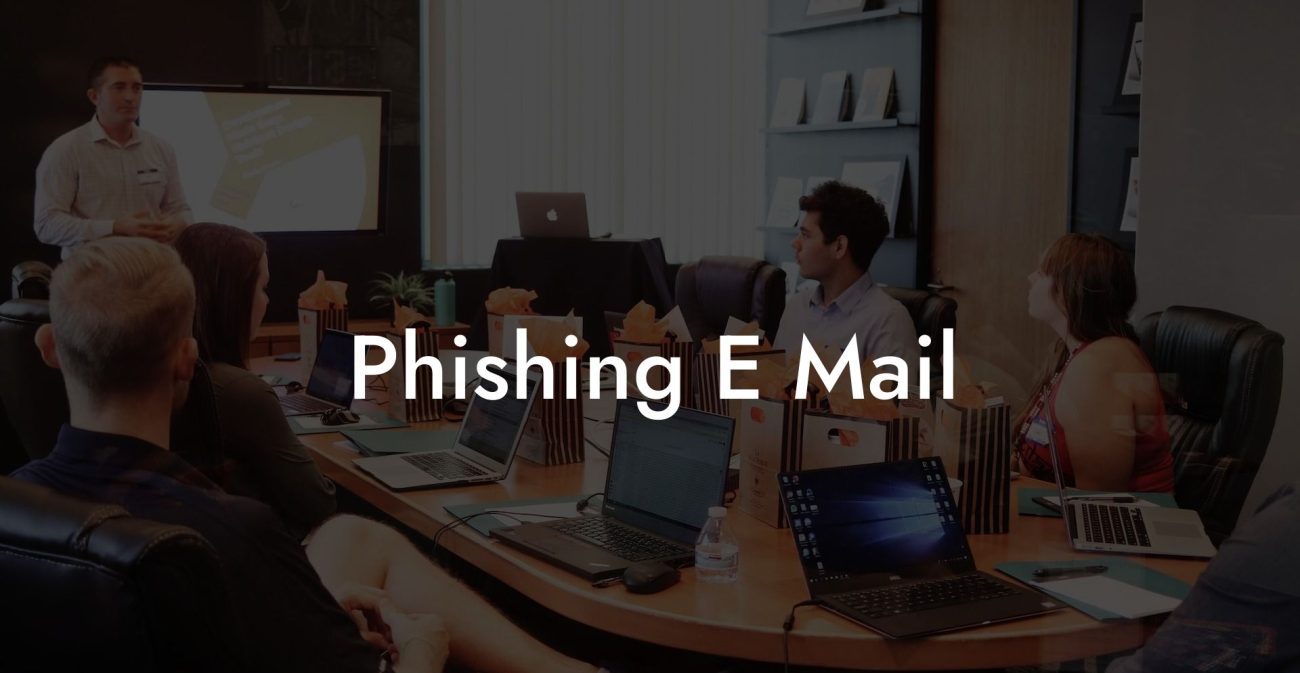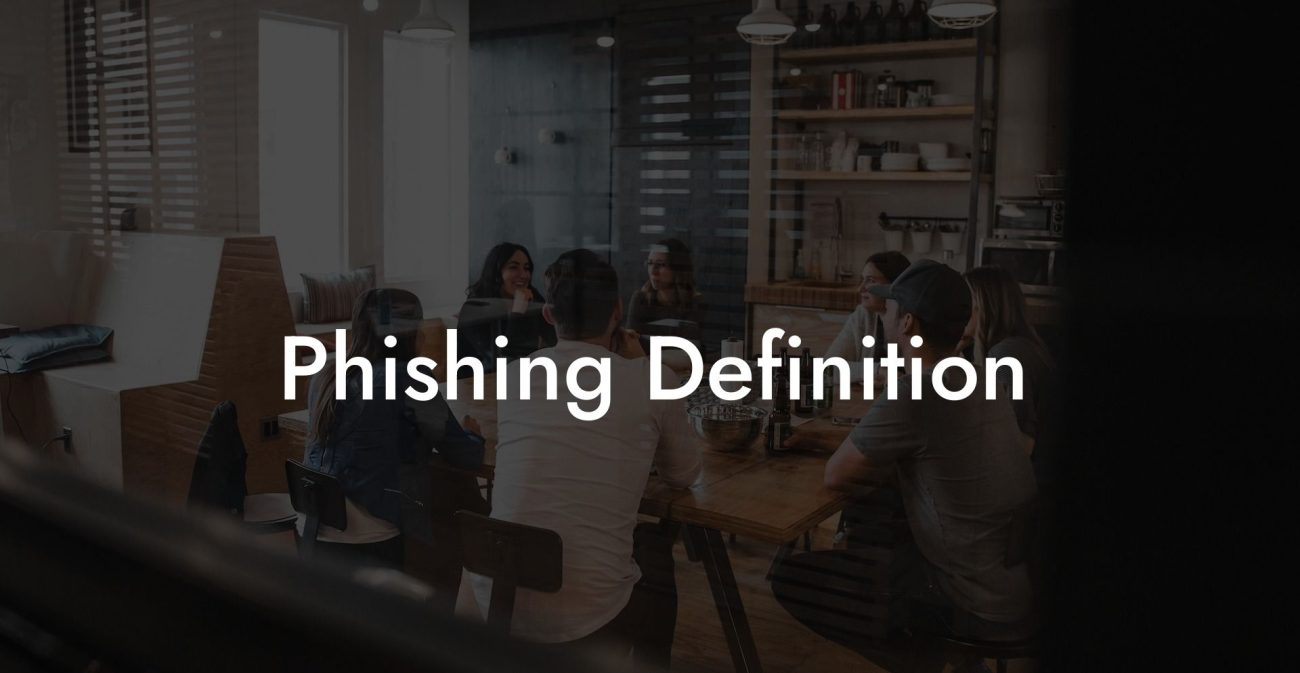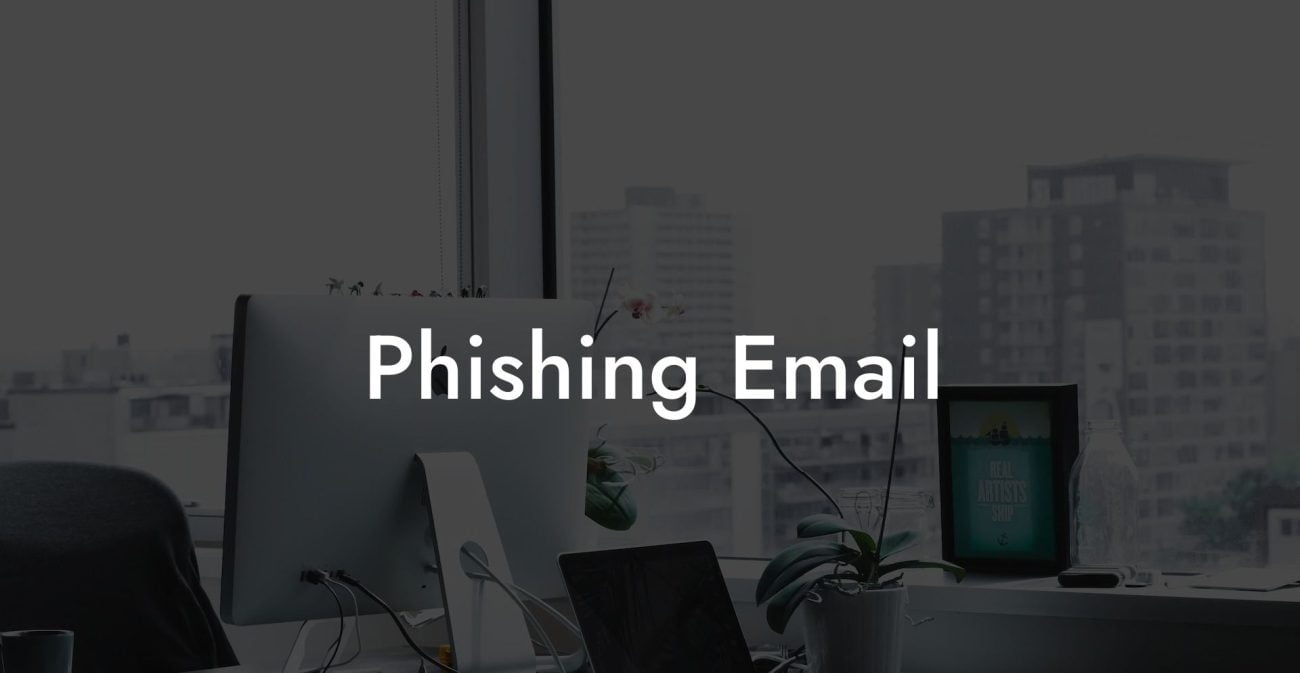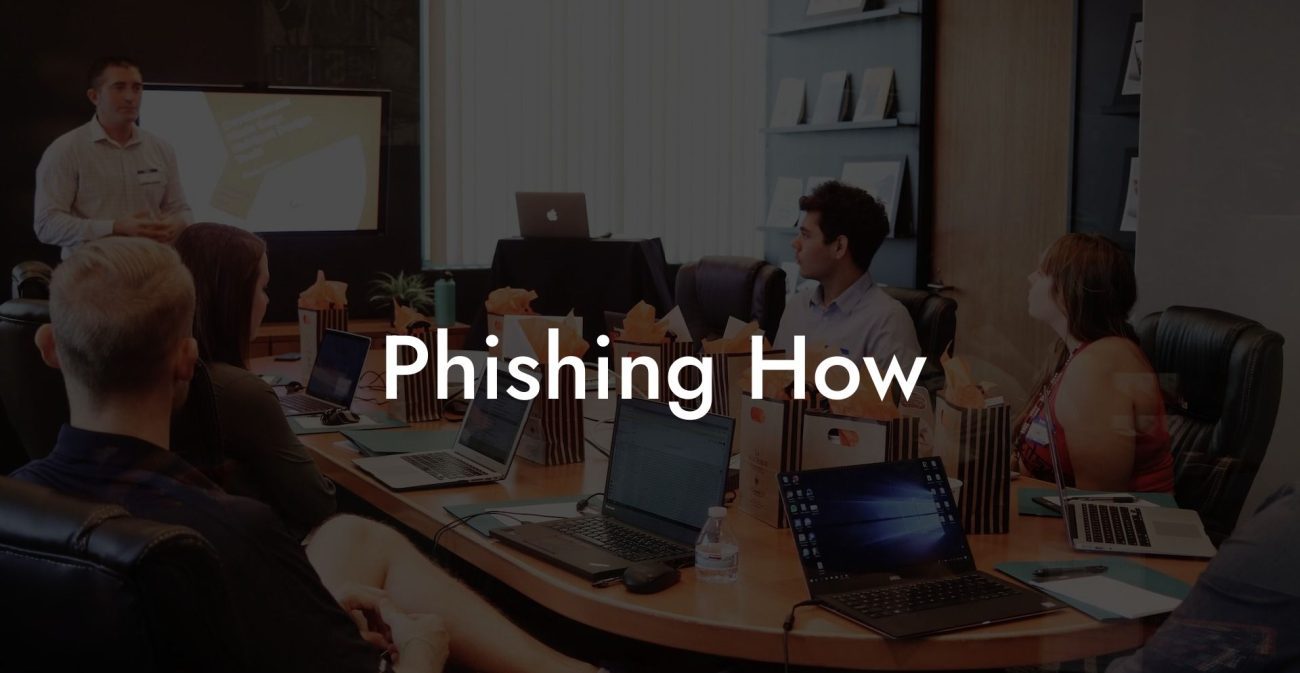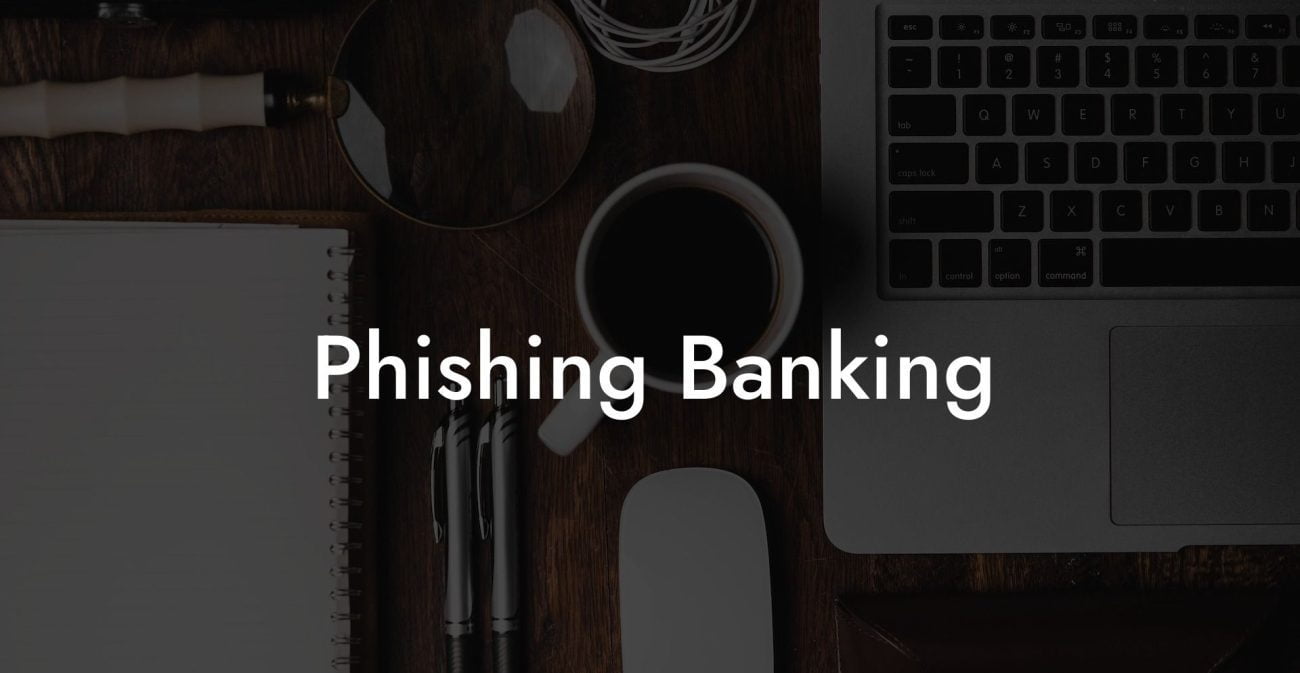With the world now heavily reliant on technology, hackers have found more opportunities to wreak havoc on our lives. One of their most effective tricks is called voice phishing or "vishing," a fraudulent act where scammers use phone calls or voice messages, to obtain personal and financial information from victims. In this article, we will cover everything you need to know about voice phishing and how you can stay safe from this prevalent threat.
How To Stay Safe From Phishing Table of Contents
Phishing, in general, refers to any attempt to gather sensitive information from an individual by posing as a trustworthy entity. Voice phishing, in particular, is becoming increasingly widespread, with criminals using numerous tactics to deceive their victims. They may tell you they represent a bank, the government, or other recognized institutions to convince you to disclose your sensitive information such as account numbers, passwords, or other vital details.
To protect yourself and your personal information from falling into the hands of hackers, consider the following tips:
Protect Your Data Today With a Secure Password Manager. Our Top Password Managers:
1. Be skeptical of caller ID displays: Scammers can easily spoof caller ID numbers to appear as if they are calling from a legitimate organization. Do not automatically trust the displayed name or number. If in doubt, hang up and directly call the entity you believe is contacting you to verify the call's authenticity.
2. Keep your personal information private: Regardless of how genuine the caller may seem, never share sensitive information like your credit card details, social security number or banking passwords over the phone. Legitimate companies will usually not ask for such information.
3. Do not follow instructions blindly: If the caller asks you to press a button, download software or visit a website, stop, and think about why they are requesting this. Voice phishers often try to trick you into installing malware or diverting you to illegitimate websites to compromise your data.
4. Be cautious with unknown numbers: If you receive an unexpected call from an unknown number, be cautious about engaging with the caller. If you do not recognize the phone number or are unsure about the authenticity, it is better to be cautious and end the call.
How To Stay Safe From Phishing Example
Imagine getting a call from a person claiming to be an agent from your bank. They inform you that your account has been compromised and urgently need your account number and password to resolve the issue. Instead of panicking and immediately providing the information, take a deep breath, and think critically about the situation.
If the call seems suspicious, end the conversation without disclosing any personal details. Call the bank's customer support number and verify if there have been any issues with your account. In most cases, you will find that the call was not genuine, and you've successfully dodged a voice phishing attempt.
Staying informed and vigilant is the best way to protect yourself from falling prey to voice phishing scams. Be cautious when receiving unknown calls, and always verify the legitimacy of any requests for sensitive information. Remember to share this article with friends and family to create awareness about voice phishing and its dangers. For more information and tips on safeguarding yourself from these scams, explore more articles on our blog at Voice Phishing.
Protect Your Data Today With a Secure Password Manager. Our Top Password Managers:

